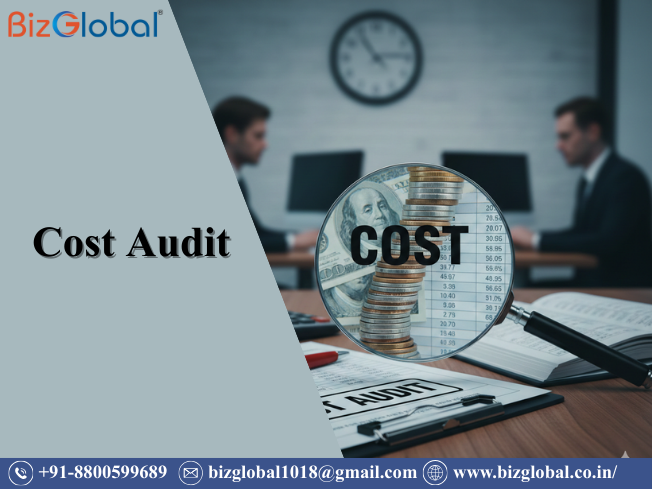Overview
Cost audit represents the verification of cost accounts and checking on the adherence to cost accounting plan of a company. Cost audit ascertains the accuracy of cost accounting records to ensure that the cost accounting records maintained are in conformity with cost accounting principles, plans, procedures and objectives.
A cost audit comprises of-
- Verification of the cost accounting records such as the accuracy of the cost accounts, cost data, cost reports, cost statements and costing techniques adopted by a company.
- Examination of these records to ensure that they adhere to the cost accounting principles, plans, procedures and objectives.
- To report to the Government on optimum utilization of national resources.

